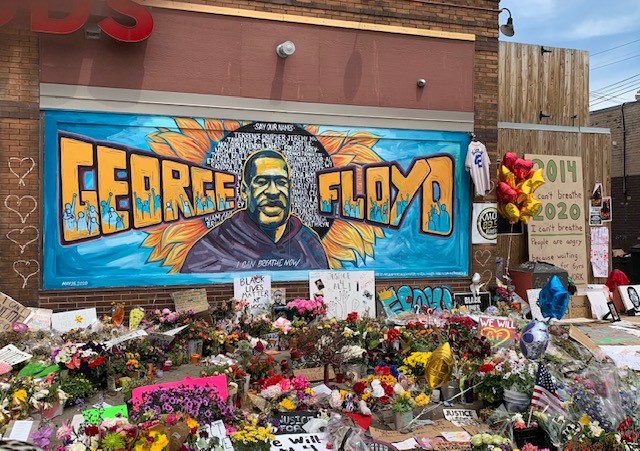
Never-Ending Commitment
Oppression and a lack of inclusiveness are front and center topics in the U.S. right now. But how did we get here? The history of racism in this country reveals that many of the most powerful people and institutions in this country have been intentional (and sometimes unintentional) contributors to the oppression and dis-inclusion of people of color. Presidents, legislators, the supreme court, police, religions, and individual citizens (including all of us) have played a role.
There is no magic solution to this issue. It will require a commitment from all of us to a never-ending journey towards making real the vision of life, liberty, and the pursuit of happiness for all. And it will require leadership from all our leaders and institutions, starting with our national leadership, to communicate and model the firm conviction that we must change as a society and that change is urgent and in all of our best interest.
But it is not just the responsibility of our political and social leaders to create the changes we need. Making your leadership matter means that you have to take responsibility for improving the inclusiveness of your organization and being open to changing the causes of oppression that lurk in the assumptions and practices driving the relationships in your firm.
Here are some practical suggestions:
- You have a responsibility to proactively understand the impact the past week(s) have had on the people in your organization. If you have a black person in your organization, I guarantee that she has feelings, spoken or unspoken, about how her personal experiences with police and society resonates with what protestors are protesting about. Other employees may be unsure about how to interact with black colleagues. Take the time to find out what people are thinking and feeling.
- It is incumbent on you as a leader to speak to your organization about your thoughts and feelings about the killing of George Floyd and the protests that have resulted. Most employees want to know what their leaders are thinking and will see it as a failure of leadership if you do not speak about it. This will take finesse and may be uncomfortable, but it is a responsibility not to be avoided.
- Be sensitive to assumptions that may unintentionally exclude people and undermine your organization’s effectiveness. Norms that prevent people from being able to speak their authentic opinions and bring their full selves to work undermine the quality of decisions and problem solving. These can be subtle. Is a demand for alignment preventing a full airing of differences? Is fear of retaliation preventing people from offering their honest views? Do the same people dominate most discussions and control most decisions?
- Learn to distinguish tolerance from acceptance of unacceptable behavior. While it may seem like tolerance to overlook a racist or sexist joke, the effect is to send the message that unacceptable behavior is acceptable. You make your leadership matter when you hold your organization accountable for behavior that is both inclusive and safe for all.
Making our country and organizations more inclusive and less oppressive requires effort from every one of us. All of us must make the commitment to a never-ending journey towards excellence in the pursuit of life, liberty, and happiness for all. Make your leadership matter!



